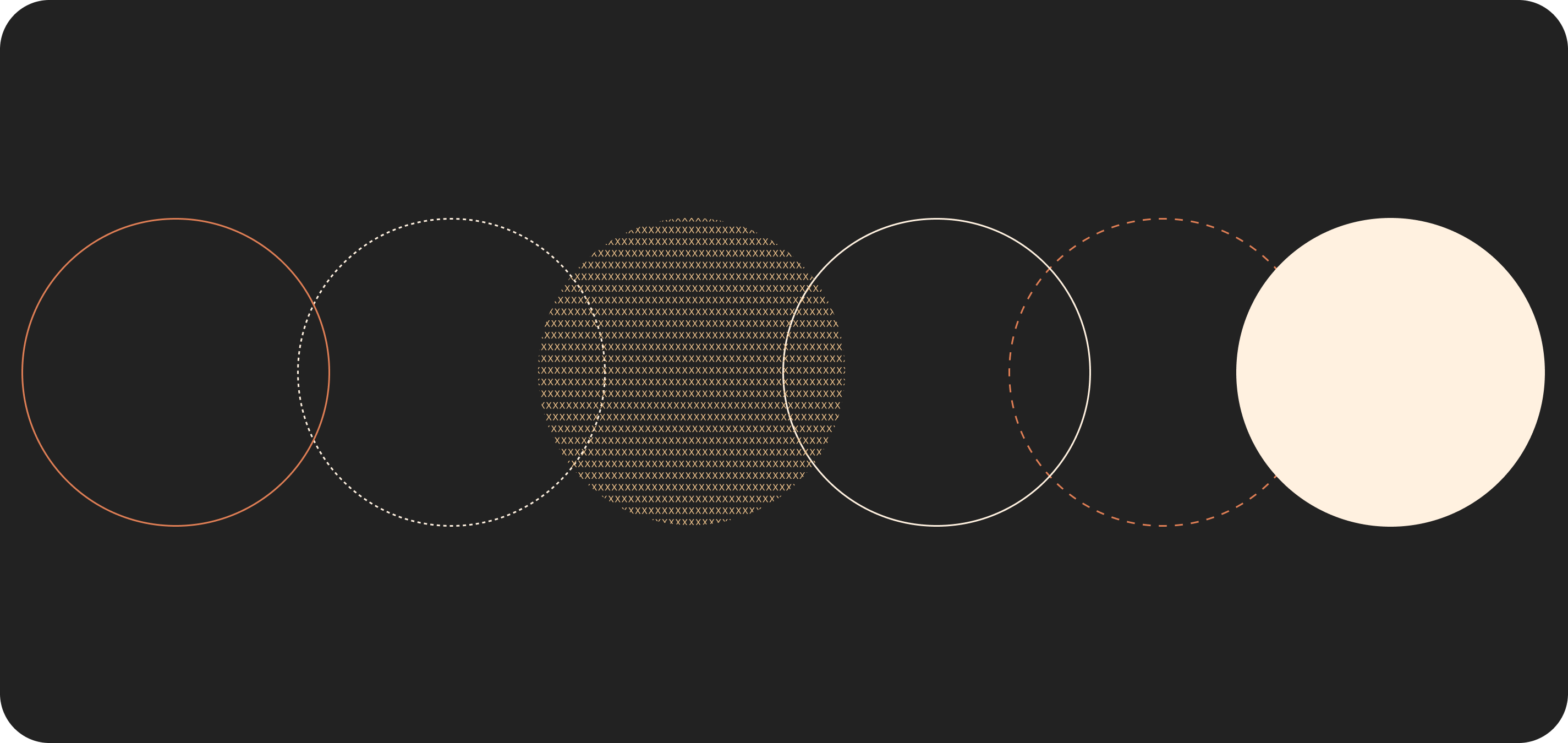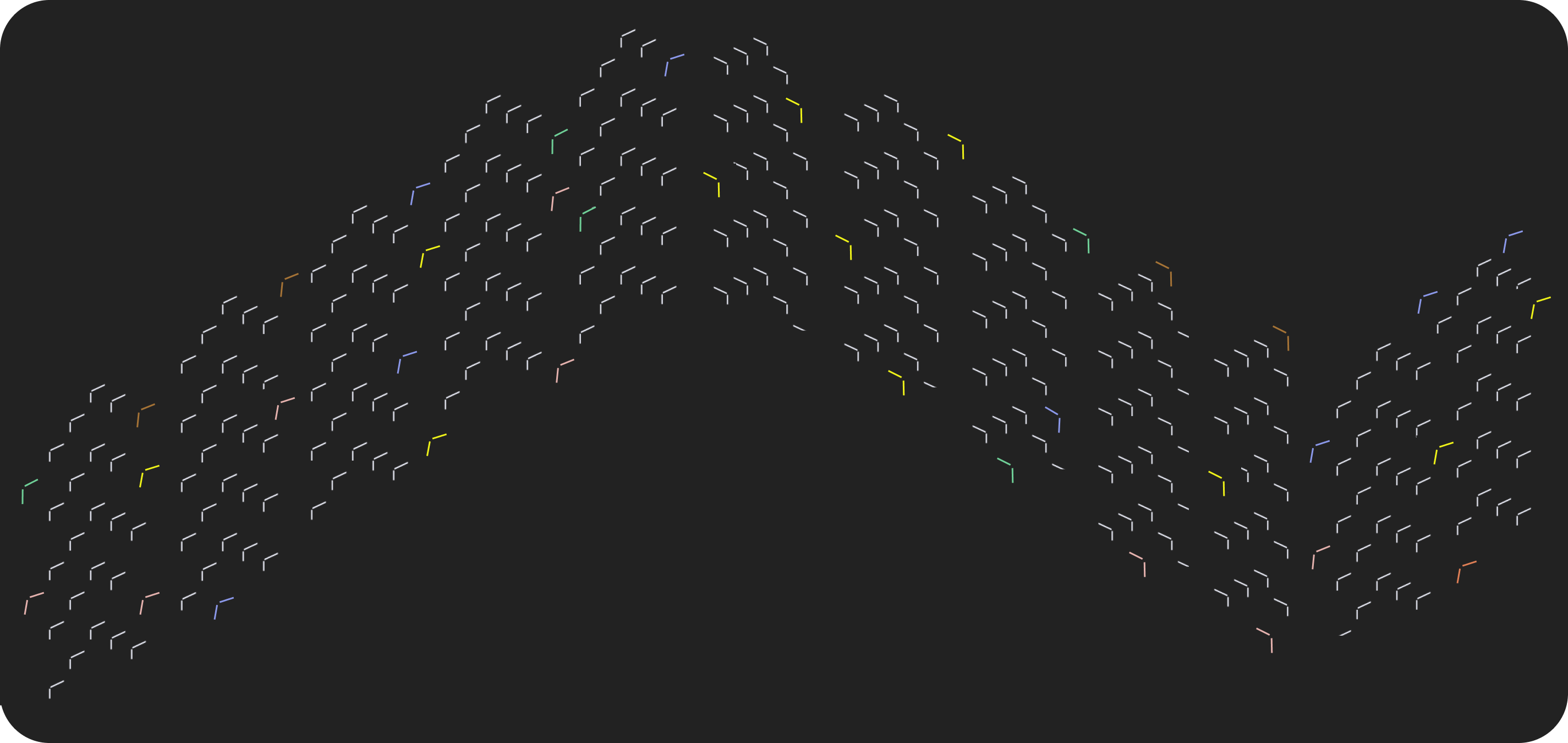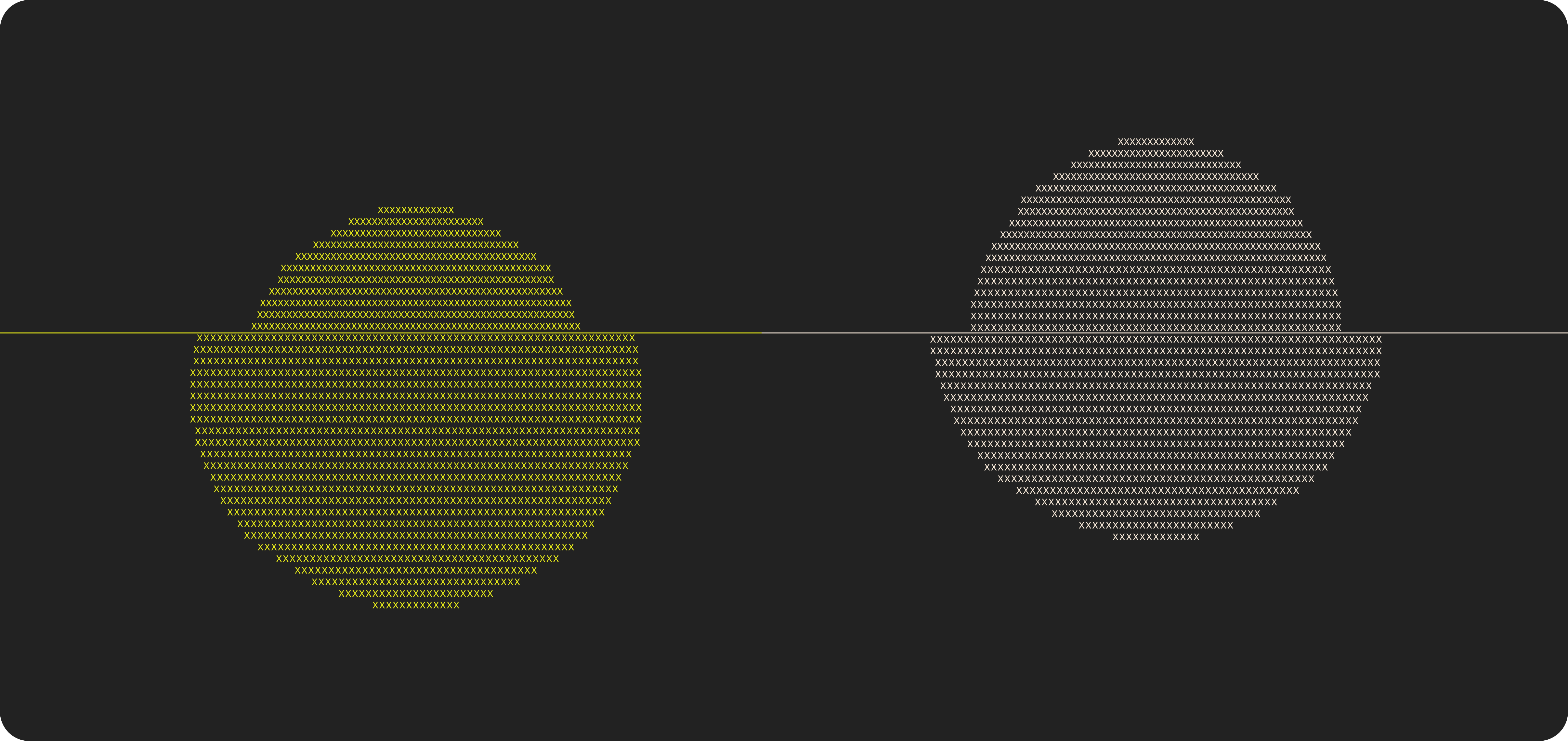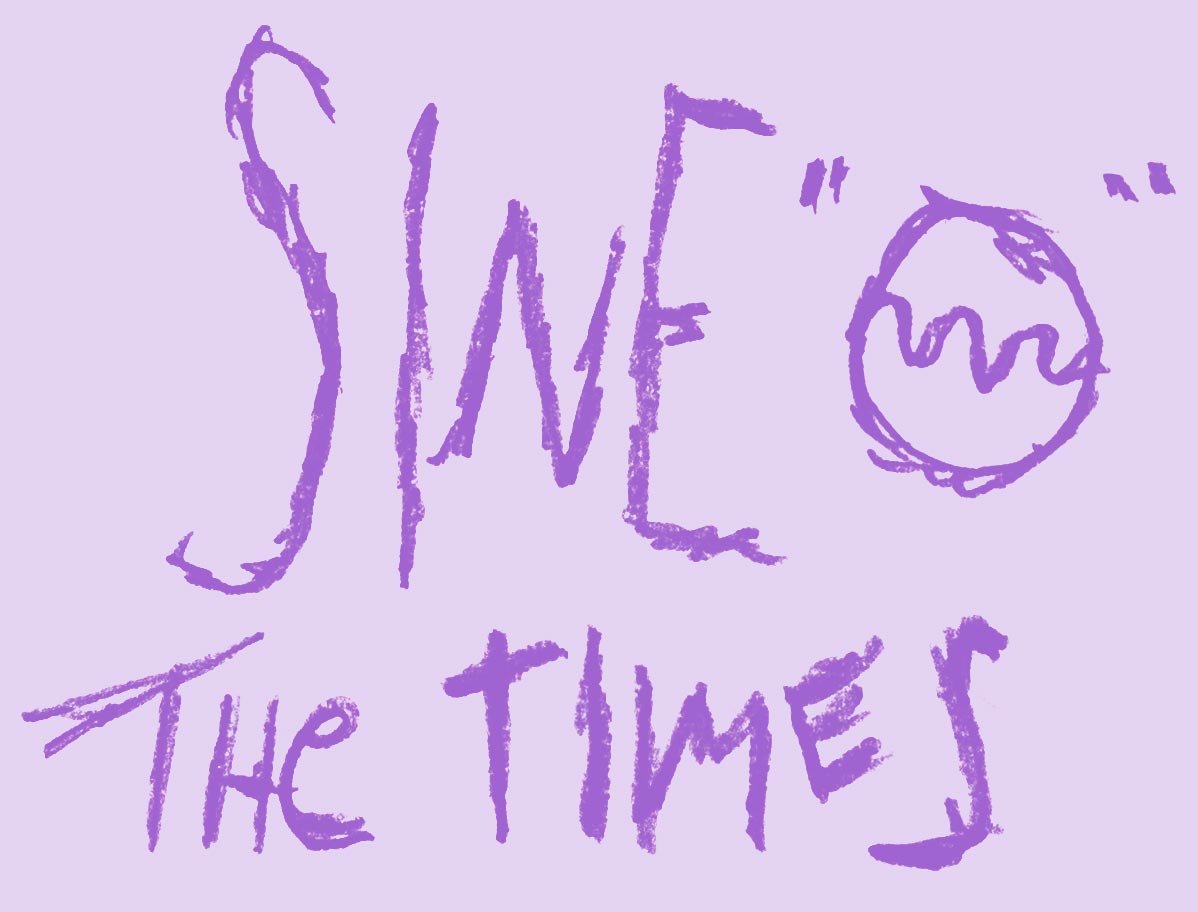If you Google “What’s a digital producer?” you’ll get hits for work in video production, newsrooms, and ad agencies — but one result is a Medium post I wrote 4 years ago about Upstatement’s journey developing our own version of this vaguely-named job.
I wanted to share a quick update about how production has grown and changed as a discipline at Upstatement. We’ve hired a half dozen people into the job since that first blog post and I’ve had the joy of leading them for the past two years.
First update: we don’t call it a “digital producer” anymore — ugh, so 2015 of us! Just producers, please and thanks.
Proudly, I can say that everything in that original description is still true today (and I recommend reading that post as a baseline for this update). But as the team has solidified, we’ve better defined the producer’s role and growth in the studio. Here are some themes we’ve noticed.
Going beyond the form
In the first year or so, producers learn and establish the basics. What Dropbox folder does this go in? What’s a product owner, and how does it work at an agency? What do we do at a kickoff? But once she has that down, sticking solely to The Official Process can hold her back from being the most successful.
Here, we like the principle of Shuhari — learning the form, adopting the form, and moving beyond the form. That third step is a wild open field of opportunity for a producer to carve her own path.
She builds new systems and ditches others, all in the service of the end goal. She looks for ways to interrogate her decisions and the problems she’s trying to solve. She makes context-dependent adjustments to suit each project, carving out the difference between “done” and “absolutely nailed it.”

Expanding altitude
I think of producers like zippy little airplanes: flying above the project to see what’s coming far ahead, and then diving low to get a good look at the tiniest decisions and details.
As a producer grows in her career, her altitude range expands: she has a better, longer view of how a project can derail or succeed. Up high, she can contribute in the Strategic Stratosphere with a cargo load full of historical experience. (Am I taking the airplane metaphor too far?) She can lead major presentations, shape a product’s vision, and manage the trickiest relationships with aplomb.
On the flip side, she can get even lower to the ground. She has a deeper understanding of the teeny technical details — writing documentation, weighing in on design, or writing content. She can get further on her own without consulting other team members.
And as she grows, she’s faster at changing between these opposing altitudes and knowing when to do so. Please fasten your seatbelts.
Developing a specialty
One way a producer can get closer to the ground is by developing a relevant specialty. The role is, by nature, built for a generalist: She has to understand each piece of a complex project puzzle and how they broadly fit together. There is great opportunity in having a few discreet areas where she shines with subject matter expertise.
We’ve seen that come to life in work that is adjacent to the studio’s core offerings: disciplines like design research, user testing, content marketing, and analytics analysis.
Having a specialty allows a producer to dive deep and make a meaningful contribution to the work while she’s minding the progression of the project at large. We’ve even had a producer grow so much in her content strategy specialty that she shifted out and started doing that as a full-time role. That’s a success story to me.
Becoming a better writer
This one is specific but pivotal. A producer often takes notes or summarizes ideas in writing, and over time she gets better at doing so clearly, helping the reader know exactly what’s up and what’s needed of them next.
She also embodies the studio’s voice in all her client communication — in good times and bad. Developing sharp, kind, clear, and hospitable tone (and knowing when to get out of writing and on the phone) allows a producer to be more effective with every keystroke.

Teaching teammates to fish
Well, not fish. Maybe write, or organize, or present.
As a leader on a multidisciplinary project team who see patterns over time, a producer can teach her teammates to be self-sufficient in areas that help everyone work better: being more organized, writing more clearly, managing relationships, and more.
Instead of tidying up a document or crafting a tricky client email herself, she can pair with or provide feedback on a teammate’s work, helping them become more effective and making herself redundant. Redundancy is a good thing here — it helps avoid mistakes and gives a producer more time to choose where to focus rather than always chasing her to-do list.
If you’re interested in this role, there’s a fuller picture over in the job description — say hi if it seems like you!
I’m thrilled to see how producers have grown at Upstatement — and will continue to do so beyond my tenure. This is my last post from my seat at the Upstatement table, as I’m heading to a product manager role at 18F later this month. It’s been a wonderful ride. Cheers!
Emily Theis formerly led Upstatement’s team of producers.

